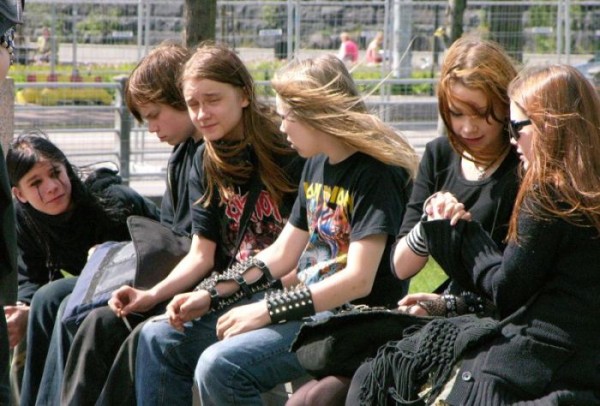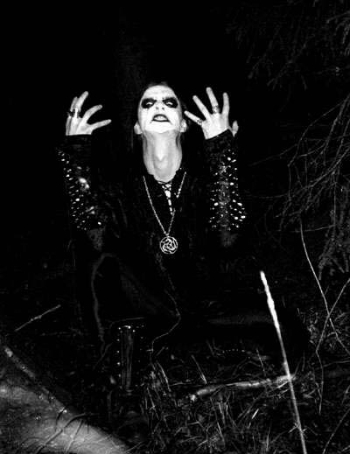International news contains few joys and even fewer for those of us who see the State as a criminal enterprise and morality as human pretense. And yet we read it out of a hazy sense of duty to be informed or maybe just boredom with the other half of news, which seems to focus on a race of people from Star Trek (Kardassians) and their sartorial difficulties.
Recently one story in international news caught my eye. In a search for metaphor to describe the tendencies of the diffierent political parties, our tea-drinking cousins overseas produced an interesting reference to the nature of heavy metal yesterday:
Tory “extremists” – or “head bangers” – had won out over moderates like Ken Clarke and Dominic Grieve, sacked in this week’s reshuffle, he claimed.
Depending on who you talk to the Tory party are either liberals, conservatives or anarchists. The idea of “extremists” and “head bangers” sharing a definition however stimulates the imagination. Are metalheads extremists? And if so are we extremists against what is de rigeur now in politics and society, or are we pushing it further?
In my view, metal is post-political or meta-political. Few metalheads I know believe that human answers come from voting for the right party or having safe opinions. Equally few trust a group of people assembled — usually referred to as “the herd” — to come up with anything but self-flattering answers based in self-pleasing pretense. Politics is to metal a dead issue.
But philosophy and the question of human futures still lives. We read H.P. Lovecraft and J.R.R. Tolkien; we watch Conan and Apocalypse Now. Metalheads tend to ignore school with slightly more attention paid in history class and often literature class. We see our society as a ruin, a failed empire like Rome. But we aspire to more, like medievalists dreaming of Viking battle and English jousting competitions.
If you scratch a metalhead, you might find a different kind of extremist. He or she is not a political extremist, but someone who totally rejects society as it is now. We dream of days when life is significant again instead of a competition to see how many hours you can attend your utilitarian job or indoctrination school without going postal and murdering your family. We long for a life of significance, an epic battle of good versus evil, and something to actually stand for.
So by the lights of the article mentioned, no, head bangers are not extremists. That was just one group of vote-collecting rent-seekers beating up on the other. But in the metalhead soul, there is something more extreme than extreme: we want to make this society perish in fire because it has no spirit and no purpose, and we want to encounter instead a life of meaning, purpose and conflict. We are more Nietzscheans than Tories, more Lovecraftians than moralists, and we see honor as more important than money or flattery.
Does this make us extremists? Probably not; we are simply off the scale. Unlike most extremists, we do not spent our days launching rockets at civilians or blowing up works of antiquity because they are from the wrong religion. We do not form little cults. But we are united in our dislike of society and our realization that it is a dead man walking because it lacks any feelings real enough to be extreme, or motivate it to save itself.
11 CommentsTags: extremism, metalheads

 A non-Hessian friend once pointed out to me that metal music is essentially avoidance. With its nihilistic outlook it seemed to him to be just shuffling meaning around, never really reaching a conclusion or be able to produce a complete artwork.
A non-Hessian friend once pointed out to me that metal music is essentially avoidance. With its nihilistic outlook it seemed to him to be just shuffling meaning around, never really reaching a conclusion or be able to produce a complete artwork.
